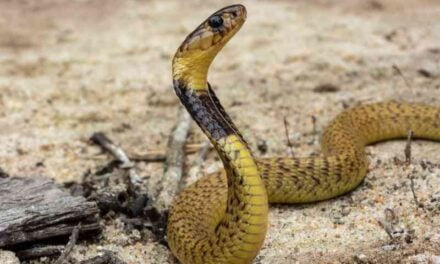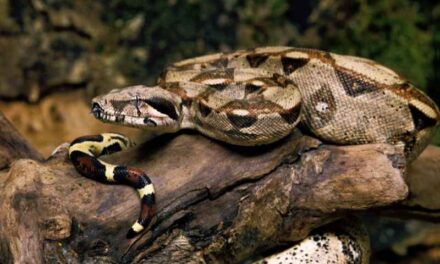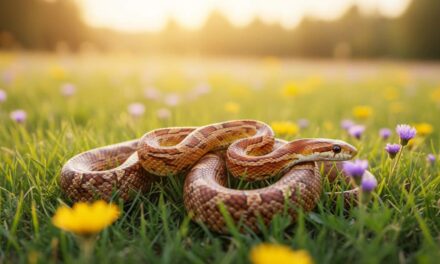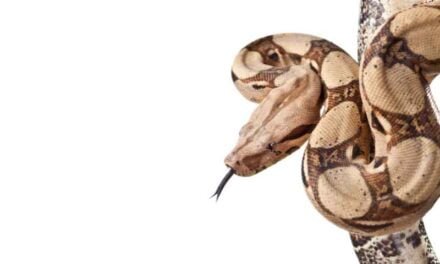Cape Coral, Florida, is a place of beauty and biodiversity, home to a variety of wildlife, including the Cape Coral Cobra (Naja nivea). These unique snakes, while fascinating, can be a source of concern for residents. However, with the right knowledge and precautions, it’s possible to coexist safely with these snakes in your area. In this blog, we will share essential tips for snake safety in Cape Coral and other regions where these snakes are found.
- Educate Yourself
The first step to living safely with Cape Coral Cobras is to educate yourself about these snakes and their behavior. Understanding their habits, preferred habitats, and natural tendencies can help you avoid unnecessary encounters and potential conflicts. Cape Coral Cobras are generally non-aggressive and prefer to avoid humans. However, they may become defensive if cornered or threatened.
- Secure Your Property
Make your property less inviting to snakes by implementing a few simple measures:
- Clear clutter: Remove debris, piles of wood, and other items that could serve as hiding spots for snakes.
- Trim vegetation: Keep grass, shrubs, and trees well-maintained, as overgrown vegetation can provide shelter for snakes.
- Seal gaps and holes: Inspect your home for any gaps or holes where snakes could enter. Seal these openings to prevent access.
- Use Snake-Proof Fencing
Consider installing snake-proof fencing if you live in an area with a high likelihood of encountering Cape Coral Cobras. This type of fencing has a design that makes it difficult for snakes to climb or slither through. Properly installed snake-proof fencing can be an effective barrier to keep snakes out of your yard.
- Supervise Pets
If you have pets, especially cats and small dogs, it’s essential to supervise them when they are outside. Cape Coral Cobras might see pets as potential threats and could strike if provoked. Keeping your pets on a leash or in a secure enclosure is a wise precaution.
- Use Caution Near Water Sources
Snakes, including Cape Coral Cobras, are attracted to water sources, as they provide both hydration and prey. Be cautious when near bodies of water, such as ponds, canals, or even swimming pools. Ensure that these areas are well-maintained to discourage snake activity.
- Keep a Safe Distance
If you encounter a Cape Coral Cobra on your property or while out and about, remember to keep a safe distance. Do not attempt to handle, capture, or kill the snake. Most snakebites occur when individuals try to interact with or harm the snake. Instead, calmly and slowly back away, and allow the snake to move on its way.
- Know What to Do in Case of a Snakebite
In the unfortunate event of a snakebite, it’s crucial to remain calm and seek immediate medical attention. Do not attempt to suck out the venom or cut the wound; such actions can worsen the situation. Keep the affected limb immobilized and at or slightly below heart level while waiting for medical assistance.
- Report Sightings
If you spot a Cape Coral Cobra or any other snake of concern in your area, consider reporting the sighting to local authorities or wildlife agencies. This information can help with monitoring snake populations and ensuring that appropriate measures are taken to mitigate any potential risks.
Conclusion
Living with Cape Coral Cobras and other wildlife in your area is possible with the right knowledge and precautions. These snakes play a vital role in the local ecosystem, and it’s essential to coexist safely and responsibly. By following the tips outlined in this blog, you can reduce the likelihood of encounters and promote harmony between humans and these unique and intriguing reptiles.





